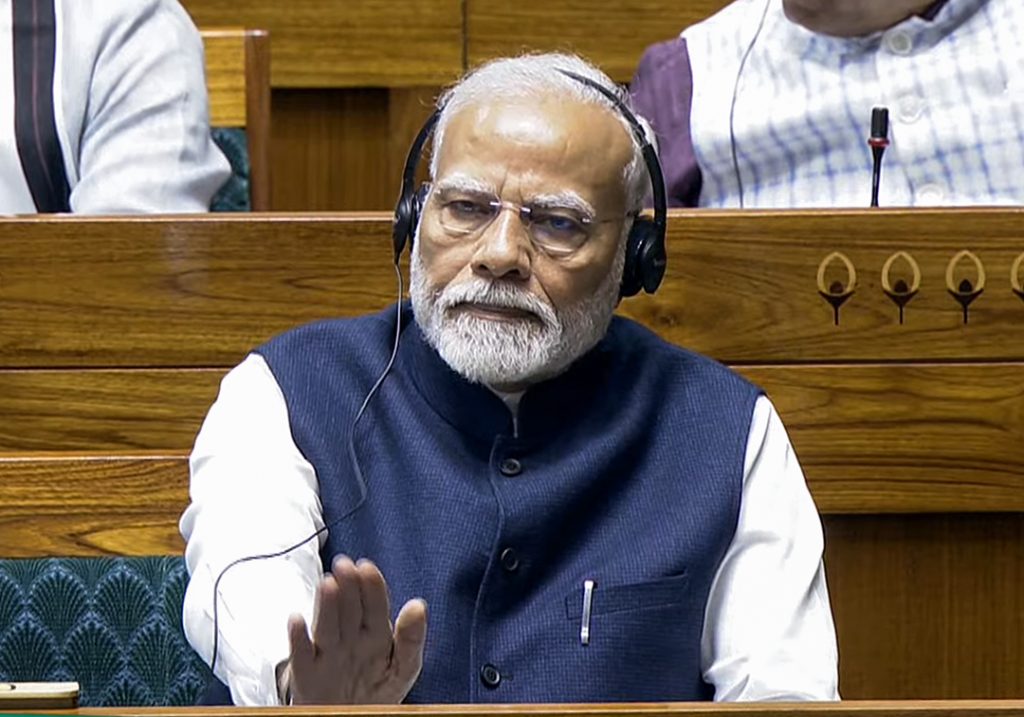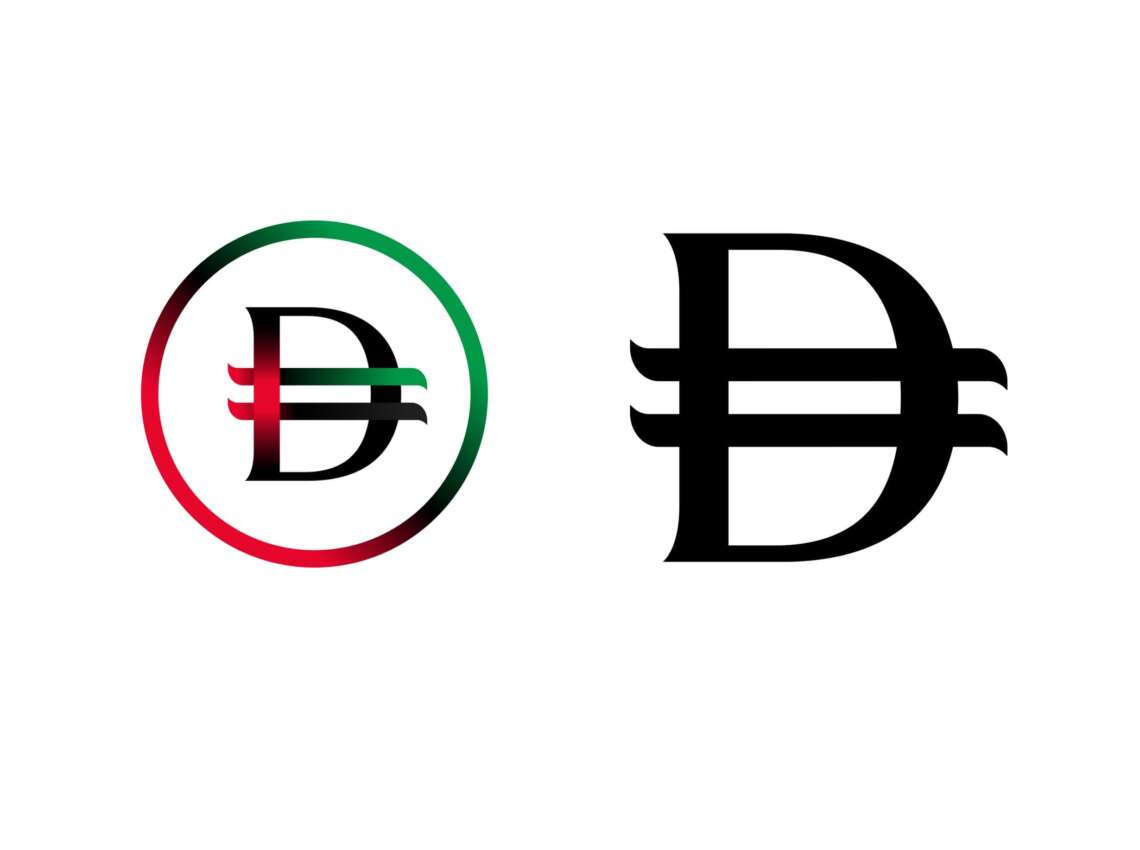The India government is looking for more time to clarify the issue of taxing transactions on digital assets, writes Chetanya Mundachali
Cryptocurrency’s current status in India is a debate among financial experts, especially after the July 2024 budget that announced the status quo in tax regulations. However, experts expect the government to reduce tax deducted at source (TDS) on the transfer of virtual digital assets to 0.01 %.
Apparently, the government is looking for more time to clarify the issue of taxing transactions on digital assets. While many view crypto as a boon, it has been banned by many others. Many challenges and complexities surfaced over the impact of cryptocurrency or crypto – as it is colloquially known globally.
Cryptocurrency in the Indian Context
India is no stranger to the latest technologies around the globe, as the country has always opened its gates to technological innovations, be it social media giants such as Facebook, Twitter, Instagram or the introduction of cryptocurrencies such as Bitcoin, Dogecoin, etc.
Cryptocurrency was introduced in India in the nation’s effort to move toward a global cashless economy and meet India’s financial goals.
Cryptocurrency held a massive promise for venture capitalists who saw this digital currency as a promising future and were struggling to establish their crypto credentials.
The inspired crypto-enthusiasts invested heavily in cryptocurrency startups to the tune of $30–40 million. Crypto was hot in the global scenario, and these venture capitalists sought to find the next Flipkart and Phonepe as part of their digital portfolios. With crypto going mainstream, it seemed the next logical thing to do. Bullish reports across all finance newspapers showed the figure of at least 100 million crypto participants.

After being institutionalised globally, cryptocurrency became a booming commodity and a digital monetary figure for the Indian economy. Indian startups already generated a sizeable revenue of $100 billion over the last decade.
Hackathons already attracted thousands of young engineers, with colossal pay promises and a once-in-a-lifetime opportunity to reinvent the financial markets and the internet. Amidst the excitement, it seemed that India would turn around its GDP by 2030. With crypto going mainstream, it seemed the next logical thing to do. Bullish reports predicted India housed over 100 million crypto participants when only a few had participated in investment instruments.
When crypto was skyrocketing, it suddenly saw a steep downfall. The tide had turned.
But prices were only half the problem in India. An equally thorny issue has been restrictive regulation under the central bank, the Reserve Bank of India, which has long opposed cryptocurrencies. The rise in the number of cybercrimes is another issue. It was effortless to go on to the Google Play Store and just Download Crypt—it was used by one and all.
With apps such as “MyGov” and “Digilocker” that enabled Indians to go paperless, our digital revolution has already begun. PM Modi’s move to make India a cashless economy did see its ups and downs.

Crypto has been viewed, debated, disregarded, and praised from various angles. However, an interesting angle from which to view and understand the failure of Crypto in India is from a cultural standpoint. India is a nation deeply rooted in its cultural conditioning, values, and ethics, which preach and praise stability, temperance, and balance. Large-scale adoption of something as volatile as cryptocurrency does not sit right with our teachings and core values.
Crypto assets are, by definition, borderless and require international collaboration to prevent regulatory arbitrage. Therefore, any legislation on the subject can be effective only with significant international cooperation in evaluating the risks and benefits and evolution of common taxonomy and standards. This is what the Finance Minister said.
The government of India was scheduled to introduce new cryptocurrency regulations during the Winter Session of Parliament. This was the second time the cryptocurrency bill was listed, but it was delayed.
Cryptocurrency in India does not have a centralised regulatory authority, and all crypto transactions are done at the investor’s risk. Finance Minister Nirmala Sitharaman has proposed taxing digital assets and has increased the debate on the legality of cryptocurrency in India.
While many have embraced the idea of taxing virtual currency in India, the government has yet to pass a formal resolution for whether Bitcoin and similar other currencies are legal. They are unregulated, but according to the recent Union Budget 2022, the government of India announced a 30% tax on gains from cryptocurrencies and a 1% tax deducted at source.
Indian crypto exchanges like WazirX, CoinDCX, Zebpay, etc., are witnessing a giant volume leap. An unregulated crypto market is unfavourable and risky even when the government wants to protect young entrepreneurs and investors. By introducing the Cryptocurrency Bill in 2021, the government officially took a step toward regulating cryptocurrency. The bill seeks a favourable structure for creating the official digital currency the Reserve Bank of India (RBI) issued.

Call for regulation against crypto theft
Since its inception, cryptocurrency has proved to be an efficient virtual currency. However, it continues to face security risks and challenges from its biggest enemy-hackers. Recently, WazirX was hacked by North Korean hackers to the tune of $250 million from Indian investors. Consequently, the company had to freeze ongoing transactions between parties.
In 2022, $3.7 billion was stolen; in 2023, $1.7 billion was stolen in Crypto theft.
Hacker threats cannot be ignored. The Indian crypto industry has voiced its concerns regarding the current taxation framework. During the recent budget announced in the Parliament on July 23, 2024, the government clarified taxation, and crypto exchanges are now strictly monitored and scrutinised under PMLA (Prevention of Money Laundering Act). The topic that surfaced was whether India would see a reduction in TDS and others currently in crypto.
Apparently, the solution is that taxation should be on par with other businesses, the TDS must be reduced from 1% to 0.01%, and a setoff of losses must be permitted.
Creating a vibrant Web3 ecosystem presents a unique opportunity for India to attract investments, create jobs, and become a global leader in this burgeoning technological revolution.
Budget 2024
However, after the nation’s budget for the year 2024-2025 was announced on July 23, 2024, in the Parliament, the Finance Minister announced that the rules for managing and monitoring crypto will remain unchanged.
The crypto industry has asked the Indian government to establish progressive taxes on gains instead of the recurring 30% flat rate and allow losses to offset gains. It has also pushed for multi-agency regulation for crypto.
International approach to crypto
The notion of using crypto varies from nation to nation. For example, take the example of America. The USA has a dual governance system. New York has supported cryptocurrency since 2016, and it launched ‘Bit License,’ a licensing framework for managing cryptocurrencies.
However, the other states have a ‘mixed’ approach towards crypto. But overall, the US has taken a positive stance towards crypto. Conversely, the EU has opted for a softer regulatory framework for managing crypto for its 27 member countries and ensuring that citizens have smooth and secure access to managing crypto. Canada became the first country to adopt a Bitcoin Traded Fund (BTF), with some trading on the Toronto Trade Exchange. The United Kingdom gains taxes from crypto trading like any other paper currency trading. The businesses involved in cryptocurrency and crypto exchanges have to follow corporate tax rules. However, the UK has not passed separate legislation regarding the regularisation of cryptocurrency.
China, Nepal, Egypt, Morocco, and Qatar are some countries where cryptocurrency wasn’t welcomed. China, known for banning famous web giants such as Google and Facebook, took a negative stand against crypto.

Despite the uncertainty of crypto, it yet continues to grow on the International front, giving rise to new trading opportunities, and the future of this form of currency seems promising as long as governments strictly monitor crypto by deploying agencies and thus do not harm the interests of the economy and national security. Consequently, cryptocurrency can also increase job opportunities for security agencies deployed to monitor crypto transactions from the micro to macro level.
Will cryptocurrency survive in India?
Well, that’s probably a question for taxpayers! Financial experts have expressed worry over the fact that crypto can bounce back and hit harder on the Indian economy, especially when the nation is heading towards new ventures due to the impact of globalisation that has had its influence over the country for over three decades. Cryptocurrency as a virtual currency is on par with the current technological growth and can soon open new doors to similar innovations.














